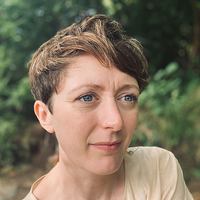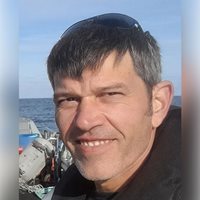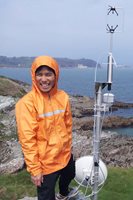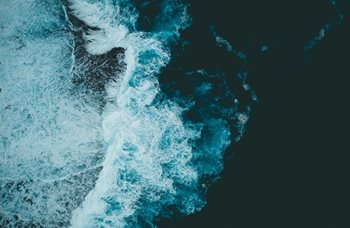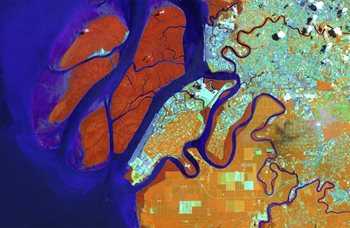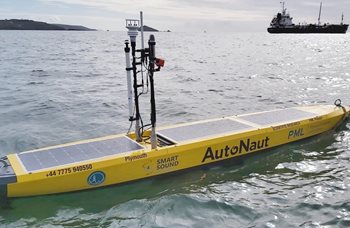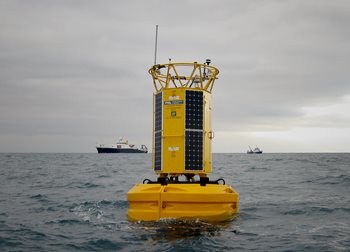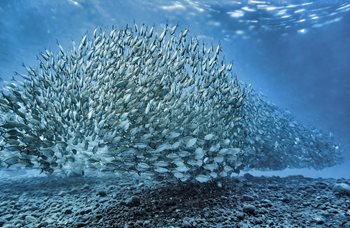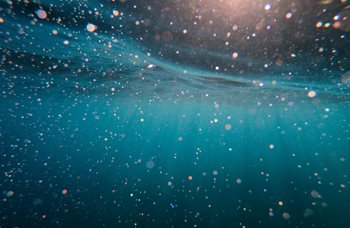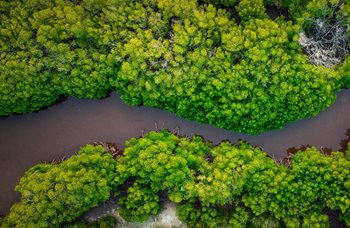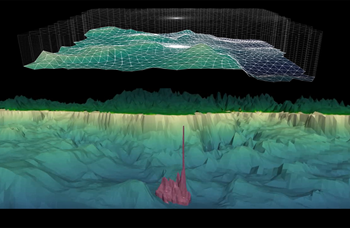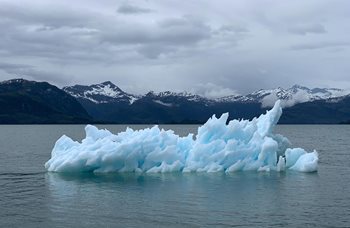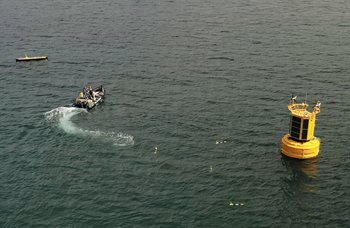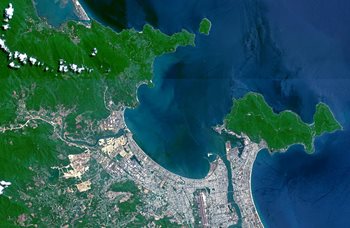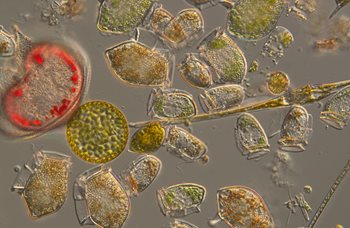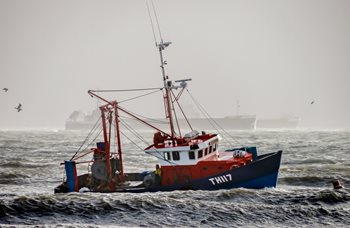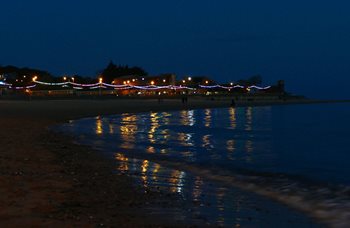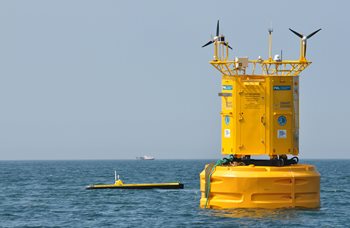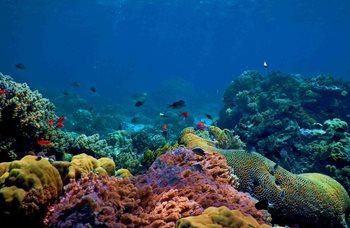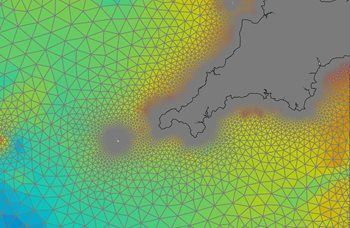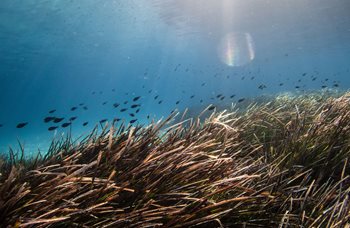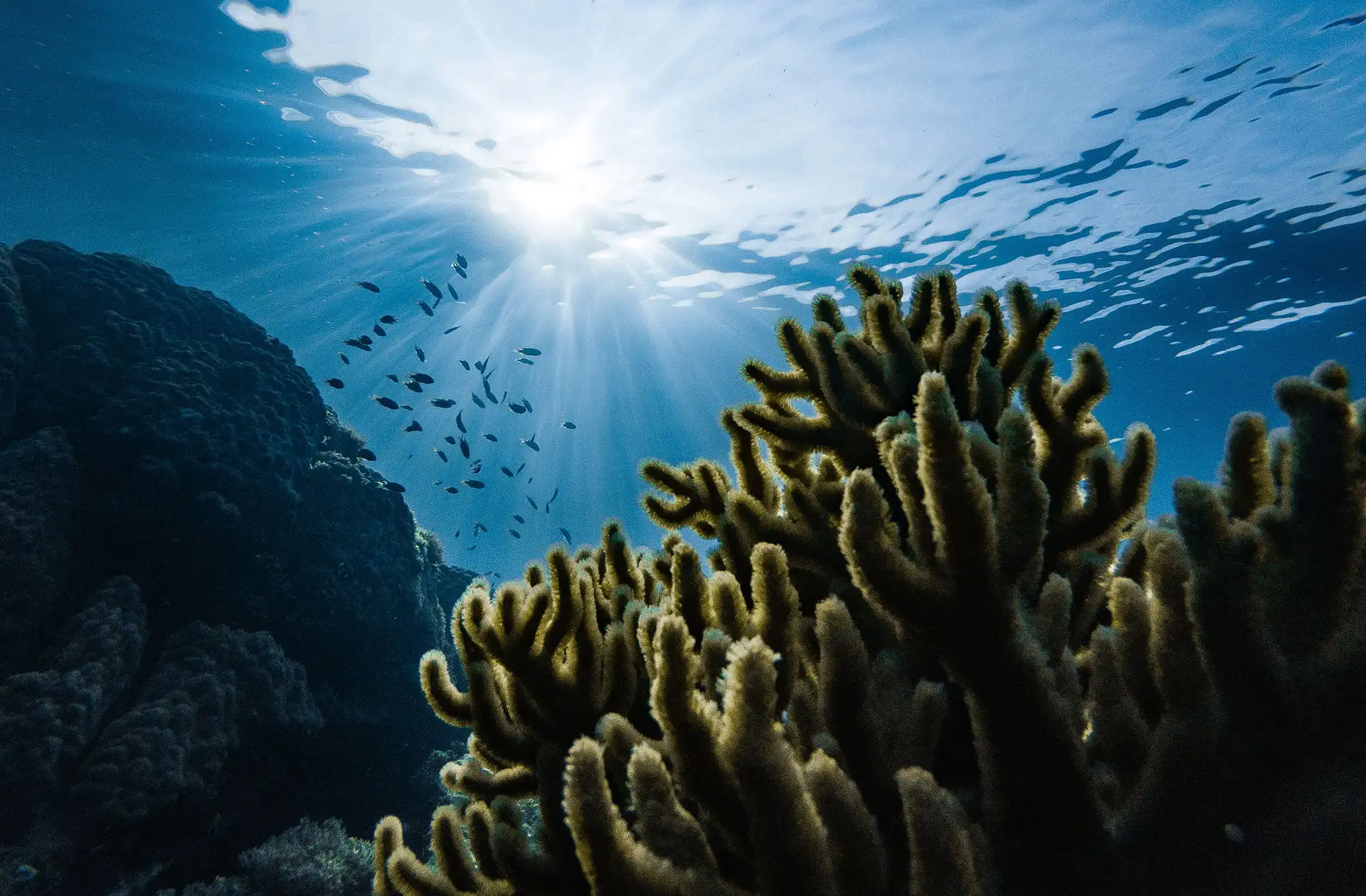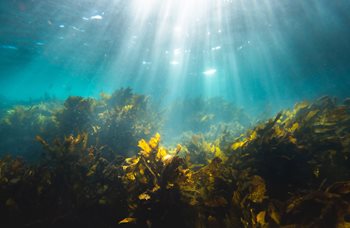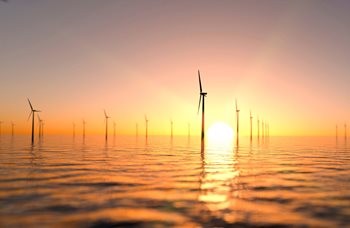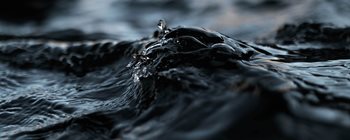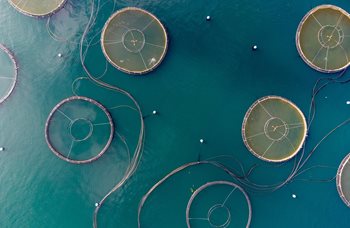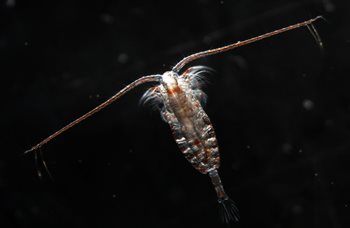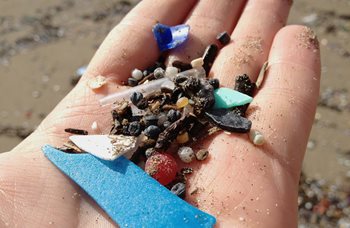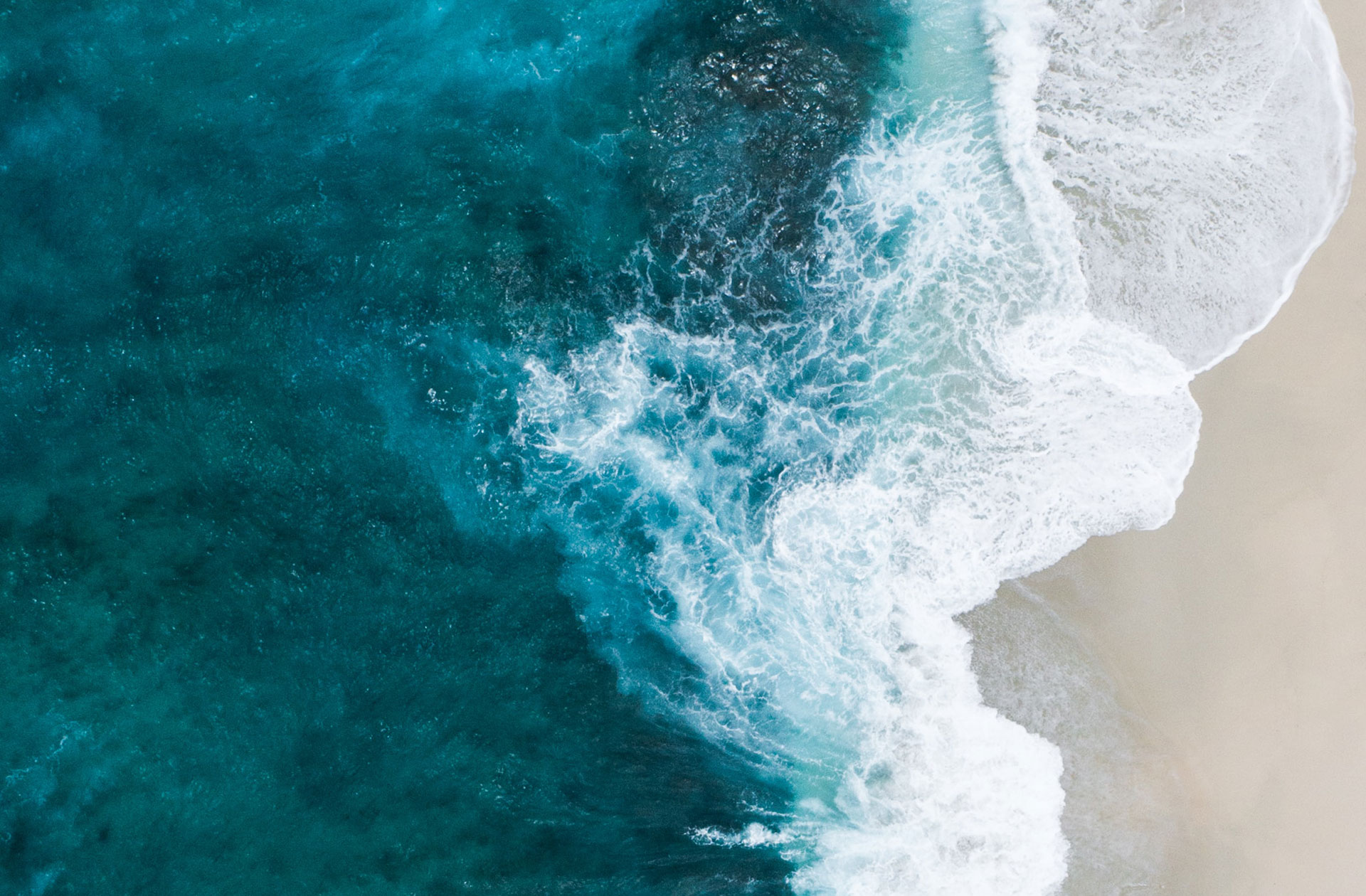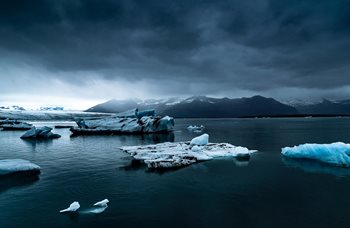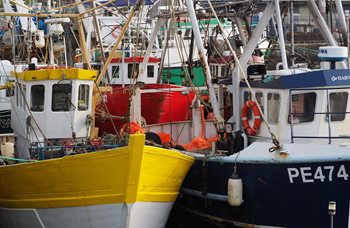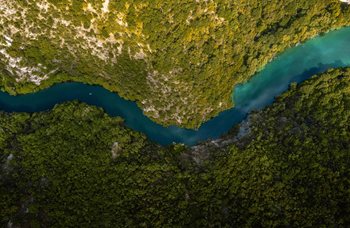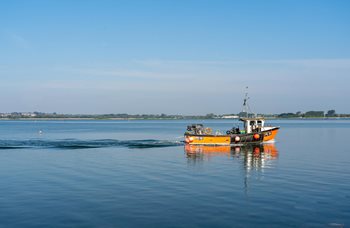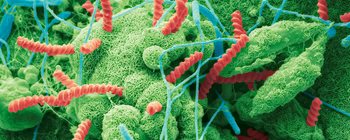Science Topic
Air-sea gas exchange
Ocean-atmosphere exchange has profound implications for the environment and the Earth's climate.
The Air-Sea Exchange group focuses on the processes that control gas and particle exchange between the ocean and atmosphere, which has profound implications for our environment and the Earth's climate. There are many complex processes involved in air-sea gas exchange and understanding them is critical to future climate change scenarios.
Air-sea exchange is important for the cycling of gases such as carbon dioxide, methane, nitrous oxide, dimethylsulfide and ammonia. These compounds are important for our climate because they are either greenhouse gases or influence the production and growth of particles in the atmosphere that reflect solar radiation away from the Earth’s surface.
We also study the air-sea exchange processes relevant to ozone, particles and volatile organic compounds, all of which are relevant to our understanding of how the ocean influences atmospheric processing and air pollution.
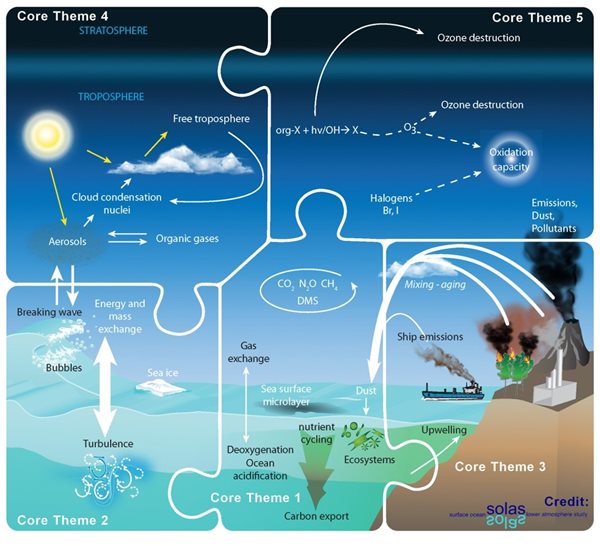
The ASE group works on many of the challenges highlighted in the Surface Ocean-Lower Atmosphere Study (SOLAS) project overview schematic.
Our big research questions are:
- What are the processes at the ocean/atmosphere interface that control the air-sea transfer of heat, gases and particles?
- What are the key biological and chemical processes in the surface ocean that control the concentrations of climate- and pollution-relevant trace gases?
- What are the important controls on trace gas biogeochemistry and atmosphere-ocean transfer in estuarine and coastal waters?
- How are the atmospheric emissions from ships and the regulation of these emissions influencing the marine environment?
Our work helps to improve understanding of the role that the oceans play in the Earth system. Our data is used within models to understand how the air-sea fluxes of gases might change in response to various future scenarios including changes in marine biota, ocean acidification, warming and other stressors.
Visiting researchers and placement students:
We are very open to collaboration and to hosting talented researchers as part of the ASE research group. There is also often scope for students to come and conduct a research placement/internship. Please feel free to contact Dr Tom Bell or other ASE members if you are interested in working or studying within the group.
Testimonial from recent undergraduate placement student Annabel Heywood: ‘In 2020/21 I felt welcomed and supported by all the scientists I shared a lab space with. Despite national lockdowns, I was able to expand my analytical chemistry and laboratory skills alongside greater exposure to data processing and handling. I would highly recommend students to consider the Air-Sea Exchange group as an area to contact regarding placements with a wide range of research topics to choose from.’
Current students:
- Evelyn Workman
- Yuanxu Dong
- George Manville
- Daniel Phillips
- Jenny Watts
- Caroline White
Alumni - where are they now?
- Annabel Heywood (undergraduate researcher): research experience placement at UEA
- Charel Wohl (PhD student): working with Rafel Simo in Barcelona, Spain
- Richard Sims (PhD student): post-doc at University of Calgary, Canada (with Brent Else) and now at University of Exeter, working with Jamie Shutler.
- Philip Pichon (PhD student): post-doc at the University of Essex
- Kevin Purves (PhD student): post-doc at University College, Dublin
- Alexandra Howat (PhD student): Head of Open Science at Microbiology Society
- Paul Hackett (MPhil student): Health and Safety Adviser at Babcock International Group
- Stephanie Sargeant (PhD student): Senior Lecturer in Marine Science at the University of the West of England
PML Project pages
-
A multidisciplinary study of DMSP production and lysis - from enzymes to organisms to process modelling
-
Atlantic Meridional Transect Ocean Flux from Satellite Campaign (AMT4OceanSatFlux)
-
Atmospheric Composition and Radiative forcing changes due to UN International Ship Emissions regulations (ACRUISE)
-
Detection and Attribution of Regional greenhouse gas Emissions in the UK
-
Is bacterial DMS consumption dependent on methylamines in marine waters?
-
Land ocean carbon transfer (LOCATE)
-
North Atlantic climate system integrated study (ACSIS)
-
Ocean Regulation of Climate through Heat and Carbon Sequestration and Transports (ORCHESTRA)
-
Oceanus
-
Pathways and emissions of climate-relevant trace gases in a changing Arctic Ocean (PETRA)
-
Processes Influencing Carbon Cycling: Observations of the Lower limb of the Antarctic Overturning (PICCOLO)
-
SCIPPER: Shipping Contributions to Inland Pollution Push for the Enforcement of Regulations
Other projects
Sea Carbon Unlocking and Removal (SeaCURE)
Ozone loss to the sea surface microlayer (O3-SML)
Southern oCean SeAsonaL Experiment (SCALE)
North Atlantic Aerosols and Marine Ecosystems Study (NAAMES)
Resources and Links
We established the Penlee Point Atmospheric Observatory (PPAO), part of the Western Channel Observatory (WCO), which forms an ideal platform for us to study the interactions between the ocean and the atmosphere. This has recently been endorsed by the international Surface Ocean-Lower Atmosphere Study (SOLAS).We are currently developing our research to take advantage of a fleet of autonomous platforms recently acquired by PML, which form part of Smart Sound Plymouth.
Capabilities
We apply a range of techniques in our research, often using, custom-designed and built equipment and novel techniques. For example, we have measured:
- Biologically-mediated processes using stable isotope trace additions.
- Chemical transformations (e.g. photochemical rates) using bespoke incubation chambers.
- Direct air-sea fluxes of many different trace gases using the eddy covariance technique.
Selected publications
Bell, TG; Landwehr, S; Miller, SD; de Bruyn, WJ; Callaghan, AH; Scanlon, B; Ward, B; Yang, M; Slatzman, ES. 2017. Estimation of bubble-mediated air–sea gas exchange from concurrent DMS and CO2 transfer velocities at intermediate–high wind speeds. Atmospheric Chemistry and Physics.
Hopkins, FE; Bell, TG; Yang, M; Suggett, DJ; Steinke, M. 2016. Air exposure of coral is a significant source of dimethylsulfide (DMS) to the atmosphere. Scientific Reports
Kitidis, V; Shutler, JD; Ashton, I; Warren, M; Brown, I; Findlay, H. et al. 2019. Winter weather controls net influx of atmospheric CO2 on the north-west European shelf. Scientific Reports.
Sanchez, KJ; Chen, C-L; Russell, LM; Betha, R; Liu, J; Price, DJ; Massoli, P; Ziemba, LD; Crosbie, EC; Moore, RH; Müller, M; Schiller, SA; Wisthaler, A; Lee, AKY; Quinn, PK; Bates, TS; Porter, J; Bell, TG; Saltzman, ES; Vaillancourt, RD; Behrenfeld, MJ. 2018. Substantial Seasonal Contribution of Observed Biogenic Sulfate Particles to Cloud Condensation Nuclei. Scientific Reports.
Yang, M; Bell, TG; Brown, IJ; Fishwick, JR; Kitidis, V; Nightingale, PD; Rees, AP; Smyth, TJ. 2019. Insights from year-long measurements of air–water CH4 and CO2 exchange in a coastal environment. Biogeosciences.
Yang, M; Smyth, TJ; Kitidis, V; Brown, IJ; Wohl, C; Yelland, MJ; Bell, TG; 2021. Natural variability in air–sea gas transfer efficiency of CO2. Scientific Reports.
People who work in this area of research
Professor Tom Bell
Ocean-atmosphere biogeochemist
tbe@pml.ac.uk
Ian Brown
Marine Chemist
iaian2@pml.ac.uk
Dr Frances E. Hopkins
Marine biogeochemist
fhop@pml.ac.uk
Dr Vassilis Kitidis
Marine biogeochemist
vak@pml.ac.uk
George Manville
PhD student
Jani Pewter
Instrument and Data Technician
Professor Tim Smyth
Head of Science - Marine Biogeochemistry and Observations
tjsm@pml.ac.uk
Dr Ming-Xi Yang
Chemical Oceanographer
miya@pml.ac.uk


